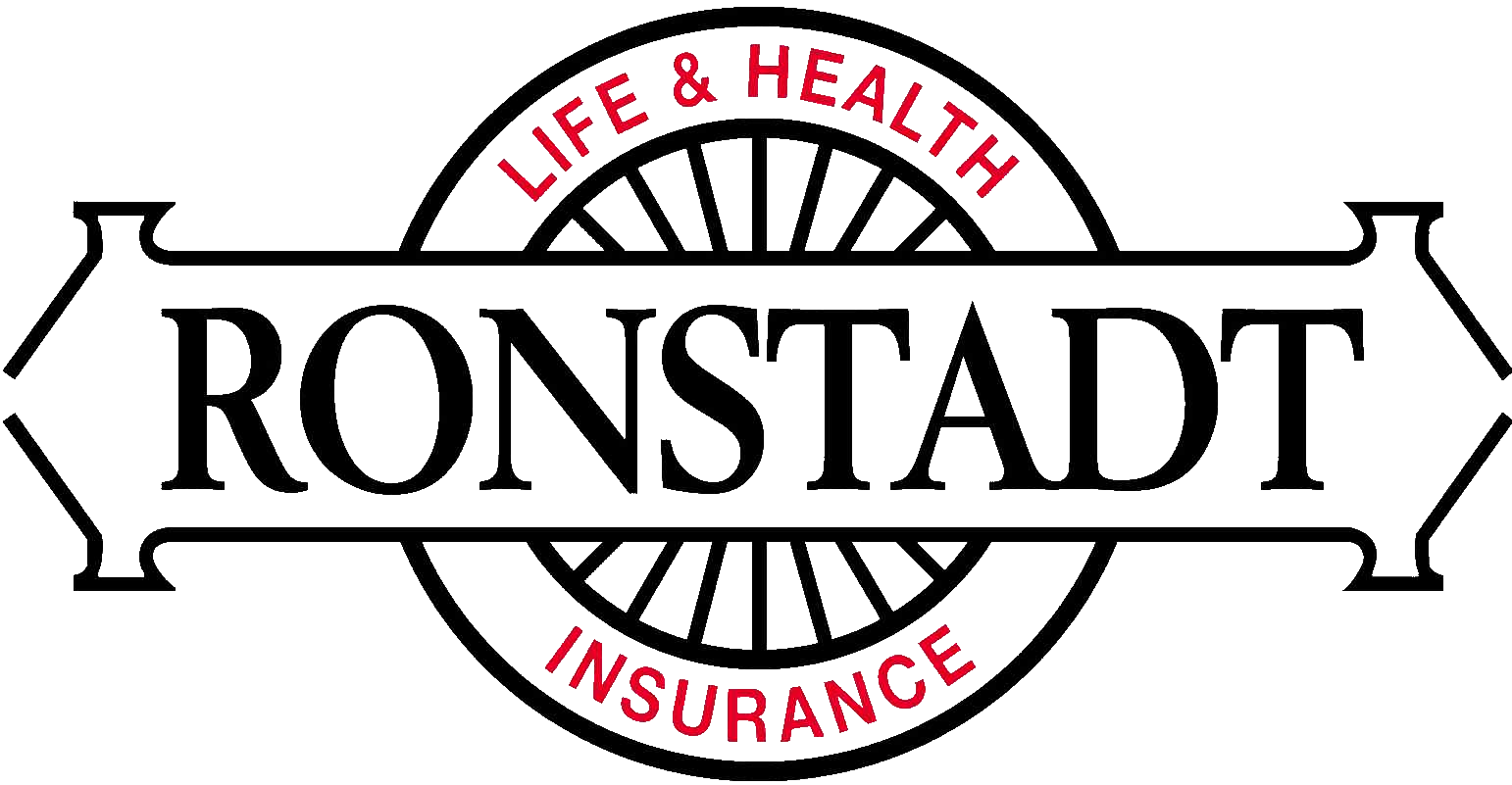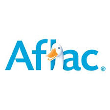Can I Buy a Health Insurance Policy After the Annual Election Period?
 As you know, open enrollment ended on March 31, 2014. However, individuals may still be able to apply for coverage before the next annual open enrollment if they, or someone in their family, has a qualifying life event.
As you know, open enrollment ended on March 31, 2014. However, individuals may still be able to apply for coverage before the next annual open enrollment if they, or someone in their family, has a qualifying life event.
Qualifying life events, which create a special enrollment period (SEP), are defined in federal law. Certain events may require certification from the Federally Facilitated Marketplace (the Exchange).
The following are some examples of common qualifying life events. This is not a complete list. There may be other events that apply. Federal law determines whether an event is a “qualifying” event. (more…)


















